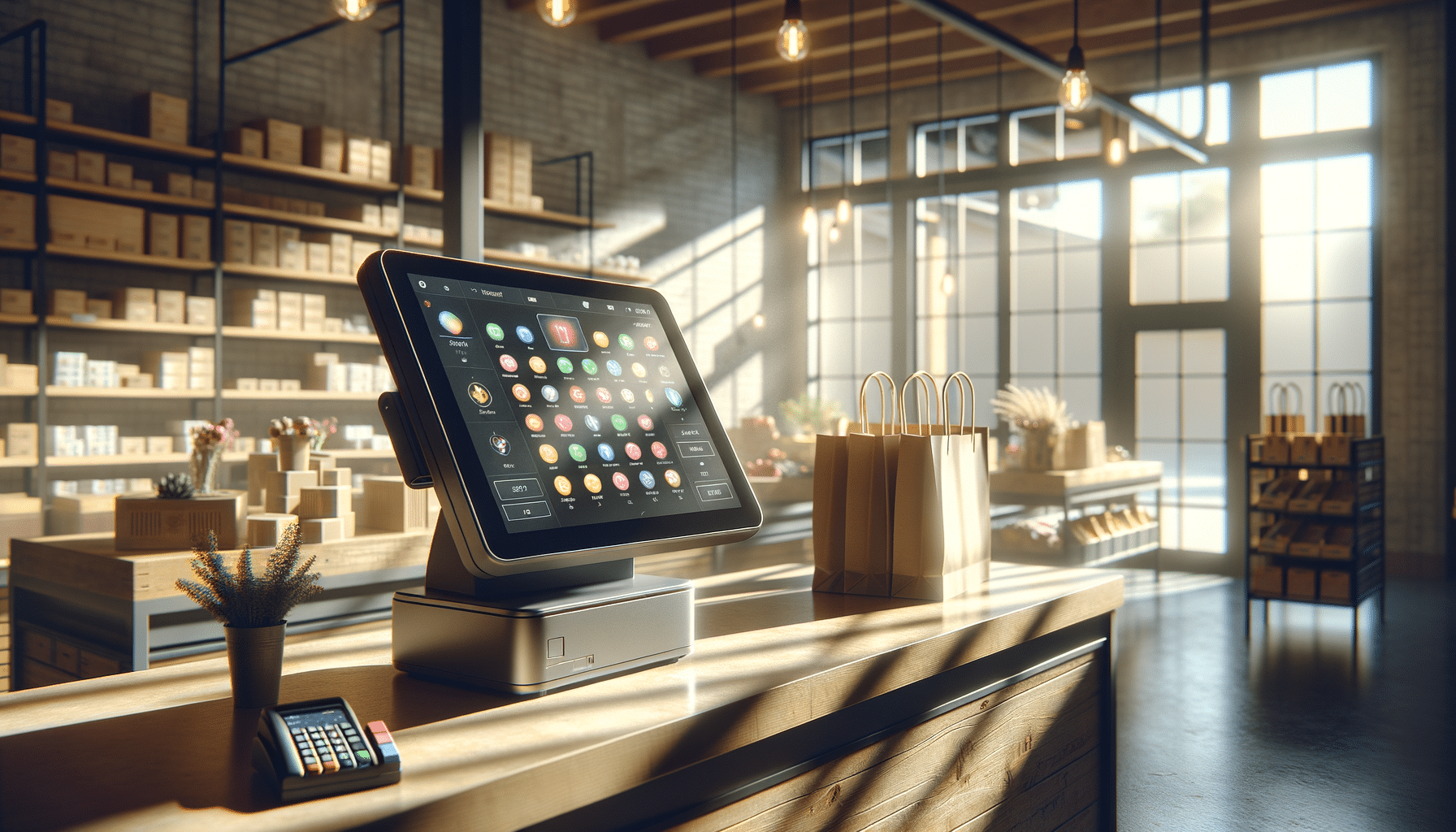
Explore More About POS System
Understanding the Basics of POS Systems
In the modern business environment, a Point of Sale (POS) system is essential for efficient operations. At its core, a POS system is a combination of hardware and software that enables businesses to complete sales transactions. The hardware typically includes a computer, monitor, cash drawer, receipt printer, customer display, and a barcode scanner. The software is the brain of the operation, managing sales data, inventory, and customer information.
POS systems have evolved from simple cash registers to sophisticated systems that integrate various business functions. They are now capable of handling complex tasks such as inventory management, customer relationship management (CRM), and even employee management. This evolution reflects the growing needs of businesses to streamline operations and improve customer service.
In addition to processing sales, POS systems provide real-time analytics that help businesses make informed decisions. These insights allow for better inventory management, reducing the risk of overstocking or running out of popular items. Moreover, POS systems can enhance customer experiences by speeding up the checkout process and offering personalized services based on customer purchase history.
The Role of POS Systems in Different Industries
POS systems are versatile tools used across various industries, each with unique requirements. In retail, POS systems facilitate quick and accurate transactions, maintain pricing accuracy, and manage promotions. They also play a crucial role in inventory management, helping retailers keep track of stock levels and reorder products when necessary.
In the hospitality industry, POS systems are tailored to handle tasks such as table management, order processing, and payment handling. Restaurants, for example, benefit from systems that can track orders from the kitchen to the table, ensuring accuracy and efficiency in service. Hotels use POS systems to manage room bookings, restaurant orders, and other services, enhancing the guest experience.
Even in healthcare, POS systems are utilized to manage patient billing and inventory of medical supplies. This integration helps healthcare providers streamline their operations, reduce errors, and focus more on patient care. By adapting to the specific needs of each industry, POS systems have become indispensable tools for improving business efficiency and customer satisfaction.
Key Features and Benefits of Modern POS Systems
Modern POS systems are packed with features that offer numerous benefits to businesses. One significant feature is cloud integration, which allows businesses to access their data from anywhere, ensuring flexibility and continuity. This is particularly beneficial for businesses with multiple locations, as it ensures consistent operations across all sites.
Another key feature is the ability to accept various payment methods, including credit cards, mobile payments, and contactless payments. This flexibility caters to customer preferences and enhances the shopping experience. Additionally, modern POS systems often include loyalty programs and CRM capabilities that help businesses build and maintain strong customer relationships.
Real-time reporting and analytics are also crucial features. By providing insights into sales trends, customer behavior, and inventory levels, businesses can make informed decisions that drive growth. Furthermore, POS systems can automate routine tasks, reducing human error and freeing up staff to focus on more strategic activities.
Choosing the Right POS System for Your Business
Selecting the right POS system is vital for maximizing its benefits. Businesses should consider their specific needs, such as the size of the operation, industry requirements, and budget. For instance, a small café may need a different system than a large retail chain.
It’s important to evaluate the software’s ease of use, as a user-friendly interface ensures quick staff training and efficient operations. Additionally, businesses should look for systems that offer reliable customer support and regular software updates to keep up with technological advancements.
Integration capabilities are another crucial factor. A POS system should seamlessly integrate with other business tools, such as accounting software, e-commerce platforms, and CRM systems. This integration ensures a smooth flow of information and enhances overall business efficiency.
Future Trends in POS Systems
The future of POS systems is bright, with several trends shaping the industry. One such trend is the increasing adoption of AI and machine learning, which can enhance data analytics and provide personalized customer experiences. These technologies can help businesses anticipate customer needs and tailor their offerings accordingly.
Another trend is the growing importance of mobile POS systems, which allow businesses to take transactions anywhere, improving customer service and reducing wait times. This flexibility is particularly beneficial in industries such as hospitality and retail, where customer interaction is key.
With the rise of digital payments, POS systems are also evolving to offer more secure and efficient payment processing options. Blockchain technology is being explored to enhance transaction security, ensuring customer data is protected. As these trends continue to develop, businesses that adopt cutting-edge POS technology will be well-positioned to thrive in an increasingly competitive market.


